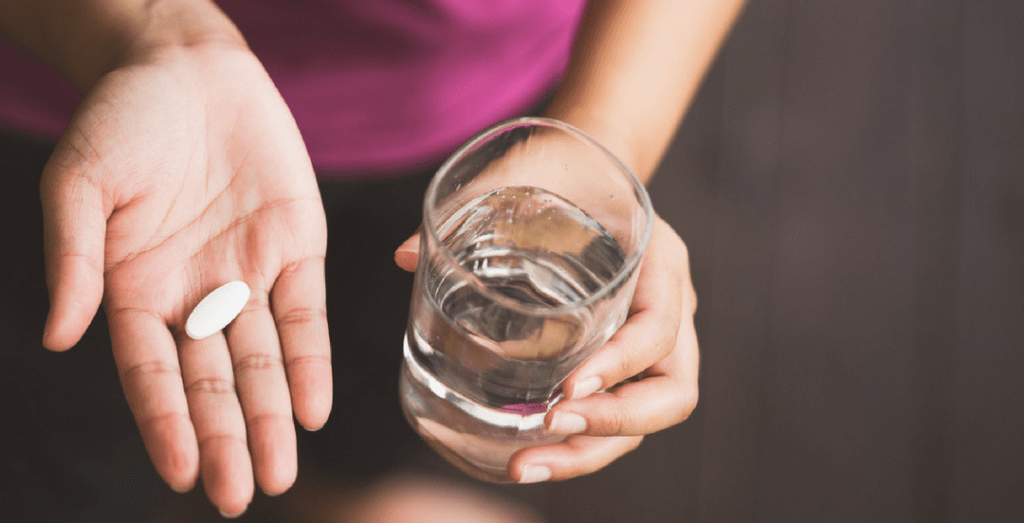Nearly All Young Women Should Take This Vitamin, According to Our Ob/Gyns
- Category: Women's Health, Motherhood & Pediatrics
- Posted On:

Physicians don’t always go to bat for the wide range of supplements that line the drug store shelves. But one supplement in particular gets the green light from our OB/GYN doctors: prenatal vitamins. According to Dr. Kirk Lammi at our Women’s Center at McKay Dee Hospital, “We advise that every woman in childbearing age takes a daily prenatal vitamin—even if she isn’t planning to become pregnant.”
If you’re not yet supplementing with a prenatal vitamin, learn the reasons why you ought to be.
What are prenatal vitamins?
The supplement aisle at your pharmacy has a huge assortment of vitamins for different genders and ages. Prenatal vitamins are designed for women thinking about becoming pregnant or who are pregnant. The concept behind prenatal vitamins is that some of a women’s nutritional and vitamin needs increase with pregnancy. A developing baby also requires certain nutrients.
Expectant mothers don’t always take in enough nutrients in their daily diets, so prenatal vitamins are meant to bridge the gap.
Pregnancy isn’t on my radar, why should I take a prenatal?
Prenatal vitamins contain a few important ingredients, but the most important is folic acid. Very early in pregnancy, folic acid deficiency can cause neural tube defects like spina bifida in a baby. And since about 50% of pregnancies are unplanned, OB/GYNs strongly encourage women to have at least 400 micrograms (mcg) on a daily basis.
Yes, folic acid (or folate) can be obtained from food sources like dark leafy vegetables and beans, but most women are not hitting the recommended amount consistently. Taking a daily prenatal vitamin ensures that you’re always hitting that 400 mcg.
What else is in a prenatal vitamin?
Dr. Lammi points out three vitamins and minerals that are vital during pregnancy.
Iron
“There’s a 50% increase of blood plasma during pregnancy as your body prepares for delivery. Supplementing with iron builds up the red blood cell mass to prevent anemia during childbirth,” says Dr. Lammi.
Vitamin D and Calcium
The benefits are two-fold with calcium and vitamin D: “For babies, these vitamins ensure healthy fetal skeletal development and reduce the first of intrauterine growth restriction,” says Dr. Lammi. He also states that women begin losing bone mass in their 30s, so taking these two vitamins together will help prevent bone density loss and osteopenia later in life.
Iodine
Women run the risk of hypothyroidism with too little iodine, so most prenatals contain this mineral. Dr. Lammi adds, “Most women receive enough iodine in their diet, so iodine supplementation is not always necessary.”
Warning: More is not always better.
Some of the vitamins contained in a prenatal (such as vitamin A and even iron) are toxic at high levels. “Sometimes I hear, ‘If one is good, two is even better!’ That’s not the case. Please do not double your dose and stick to just one prenatal vitamin unless otherwise discussed with your doctor,” says Dr. Lammi.
Which brand or type of prenatal should I take?
“Keep it as simple and affordable as possible; the most important thing is that you actually take it,” says Dr. Lammi. “Sometimes women don’t tolerate prenatal vitamins containing iron. If that sounds like you, please don’t give up on taking them. Switch to a gummy prenatal or another type without iron and then talk to your doctor about obtaining iron another way.”
The bottom line from Dr. Lammi: “Get that folic acid in your system and please take it throughout your reproductive life.”
***

Dr. Lammi is an OB/GYN at our Women’s Center in McKay Dee Hospital. He performs prenatal care and deliveries along with the full scope of gynecological services for women of all ages. To request a visit with Dr. Lammi, contact his office at 801-475-3100.